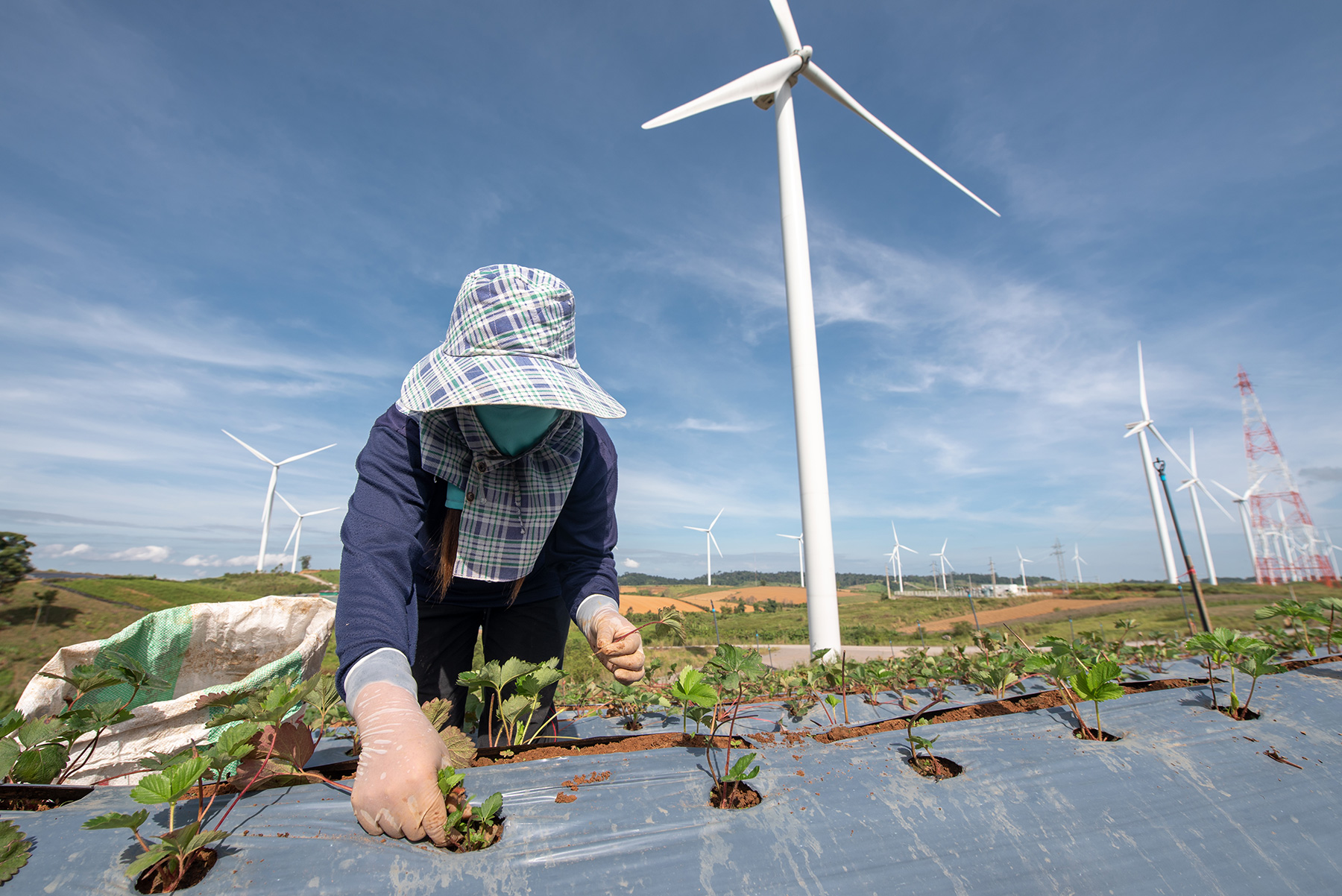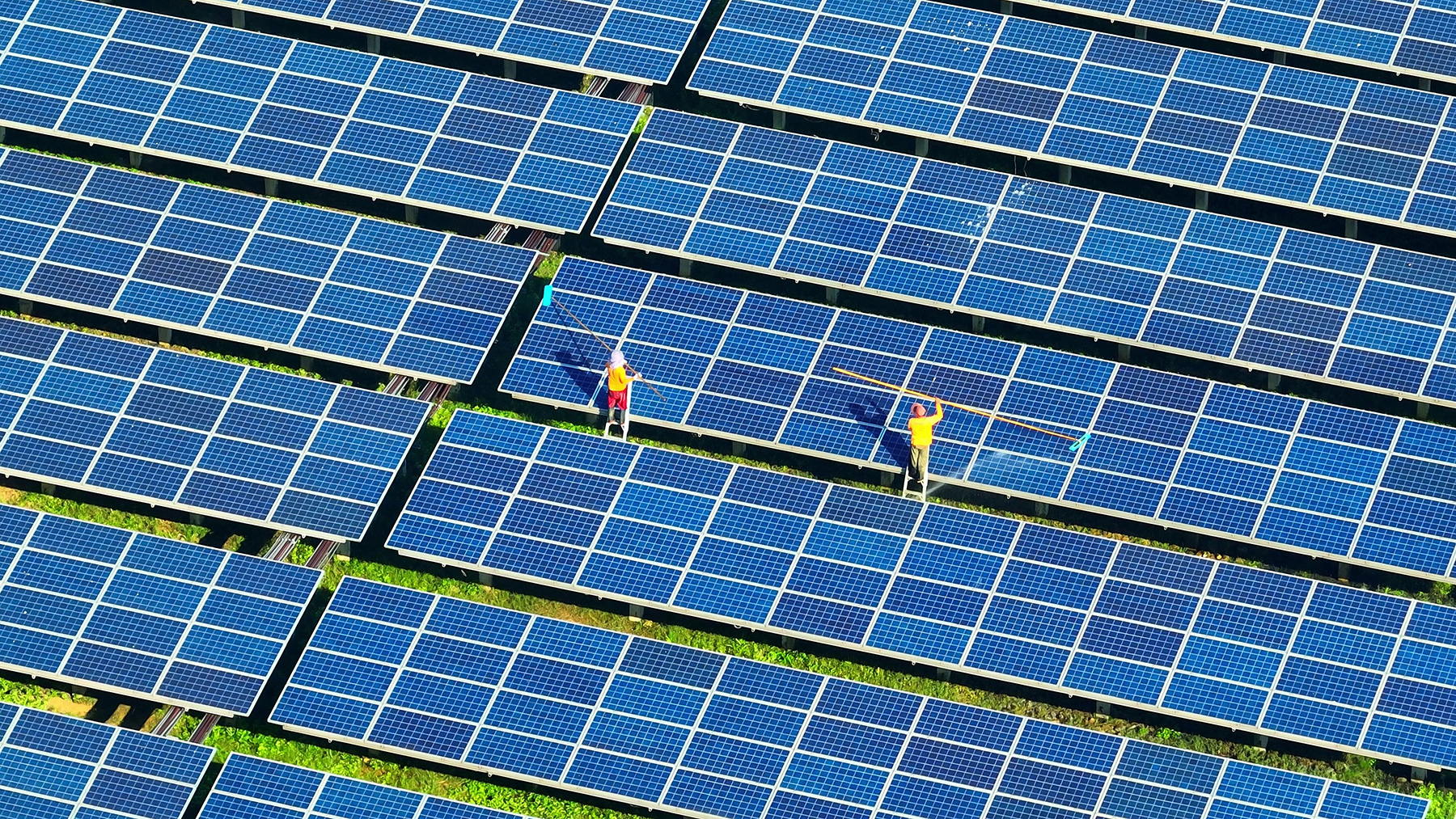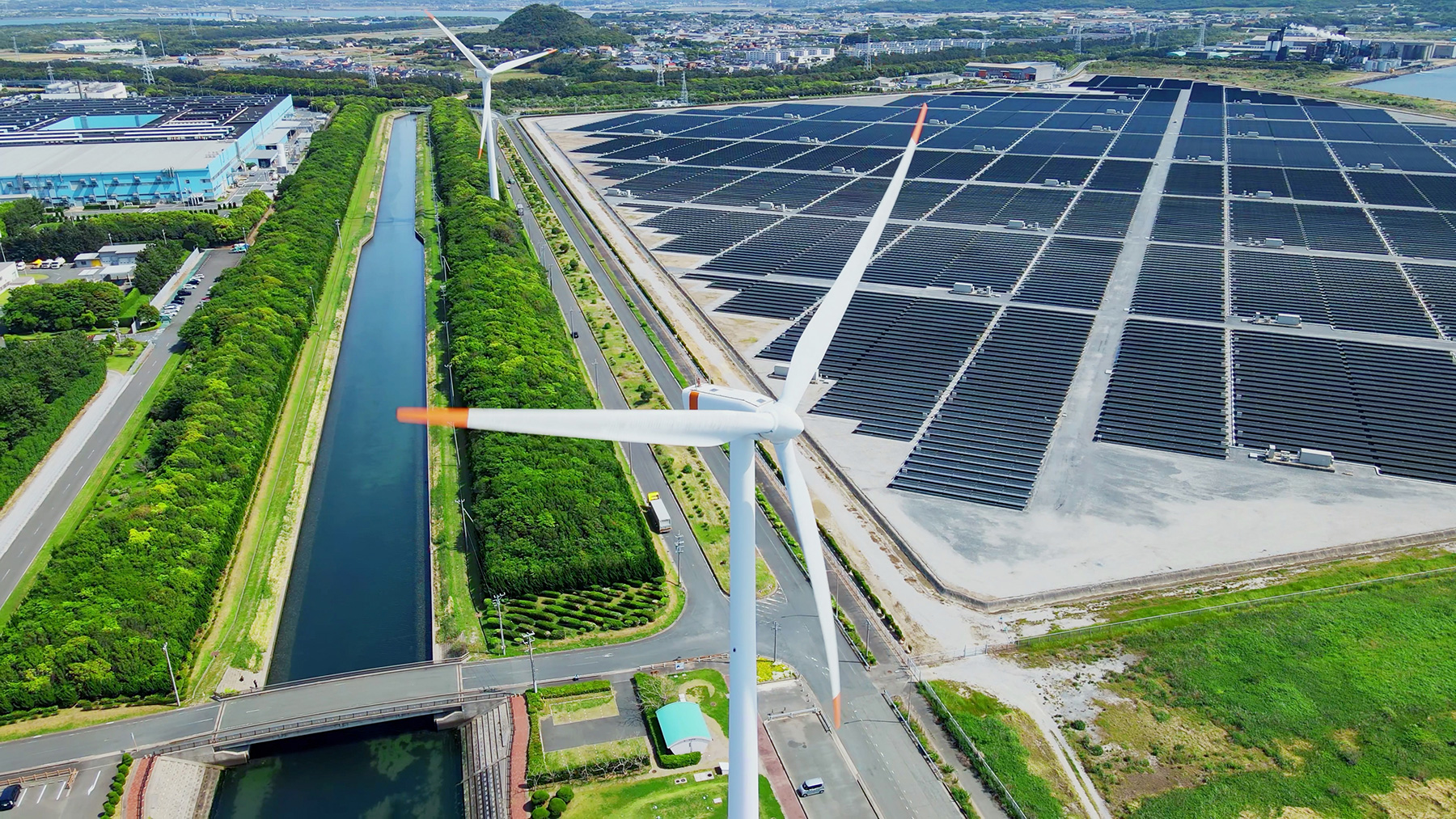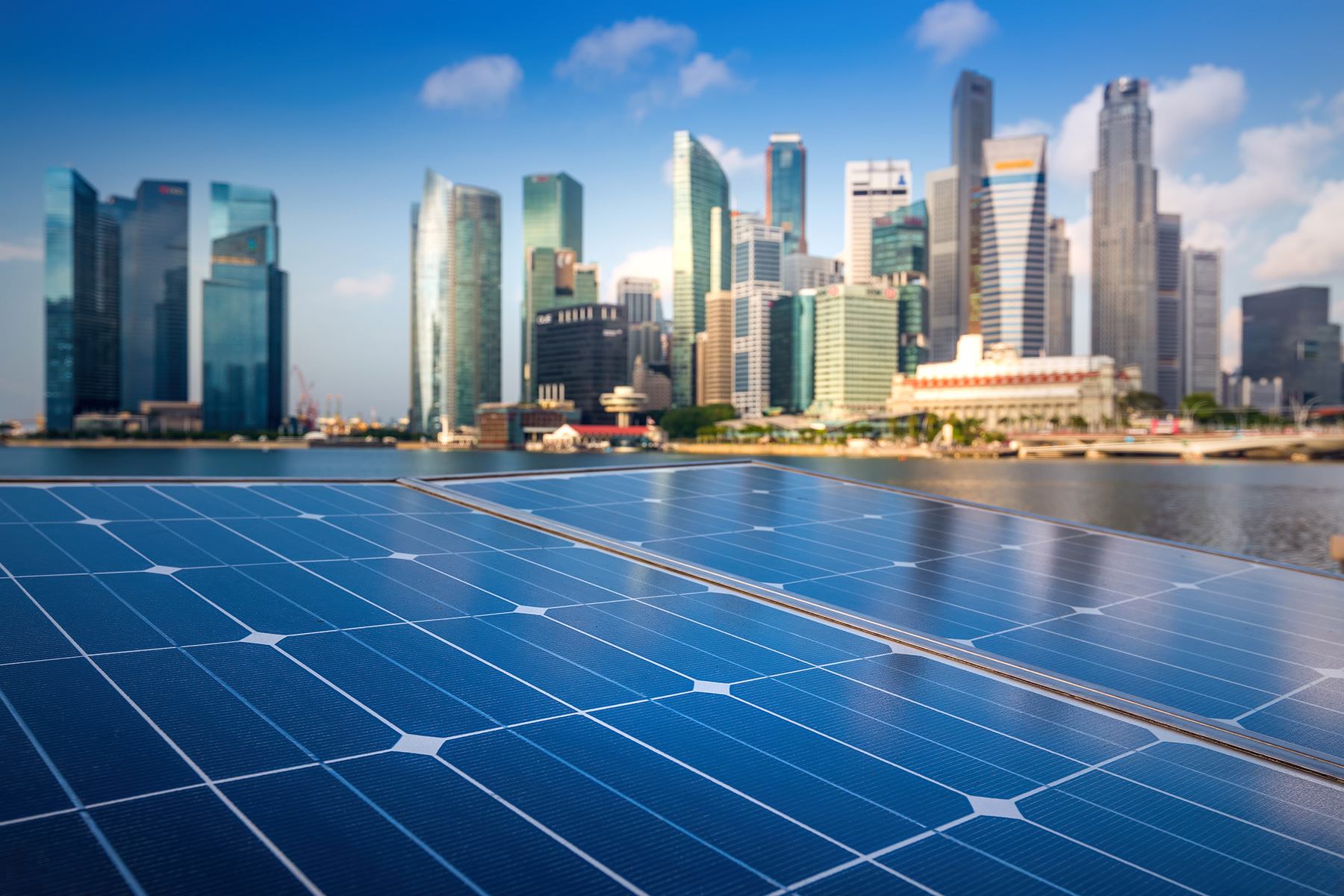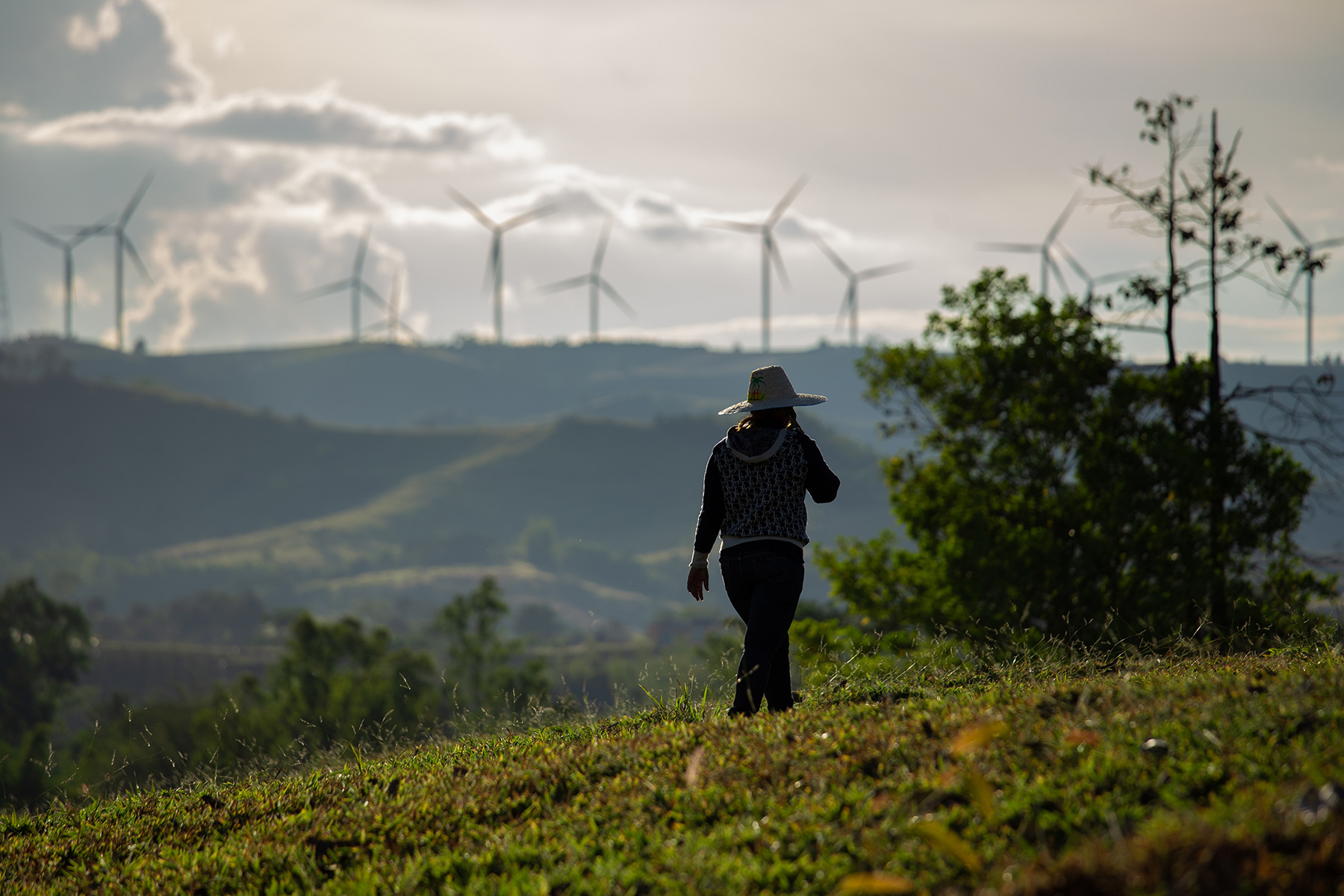Advancing climate goals to drive a just energy transition
To effectively address Asia’s just energy transition, governments must set more ambitious climate goals and put in place the necessary tools to achieve them. This includes building consensus on climate targets that are aligned with internationally recognised standards, grounded in scientific research, and supported by comprehensive policy tools. When well-designed, these tools – ranging from carbon pricing mechanisms to governance frameworks and regulatory standards – are essential in incentivising clean energy investments, driving infrastructure development, and accelerating the adoption of renewable energy solutions.
National Determined Contributions (NDCs), as a central component of international climate agreements, are a key tool for setting emissions reduction targets and fostering greater climate ambition. These commitments should be regularly updated to reflect increasing ambition and ensure governments are on track to meet their climate goals.
We support our partners as they work alongside policymakers to promote best practices in creating, tracking, and updating climate goals and strategies, including NDCs. Our focus is on fostering greater climate ambition, strengthening governance frameworks, enhancing implementation effectiveness, and ensuring inclusive stakeholder engagement to achieve a fair and equitable energy transition for all.
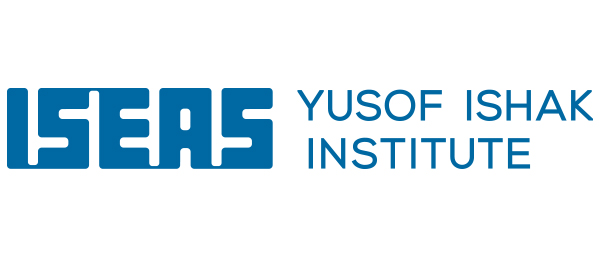
ISEAS – Yusof Ishak Institute: ISEAS is a prominent research institute focused on supporting decision-makers in Southeast Asia through the dissemination of high-quality research on socio-political, security, and economic trends, as well as the region’s broader geostrategic and economic landscape. The institute monitors developments in climate ambition and governance across ASEAN, tracking progress on Nationally Determined Contributions (NDCs) and Long-term Low Emissions Development Strategies (LT-LEDs).
Since 2020, ISEAS has provided in-depth analysis on enhancing regional climate ambitions and identifying gaps in climate governance. The institute continues to track NDC progress across ASEAN member states.
![]()
Plan 1.5 is a non-profit organisation focusing on research, engagement and policy advocacy to deliver stronger and more effective climate policies for Korea. Plan 1.5 reviews current government policies and produces practicable and effective alternatives to enhance policy response to the climate crisis.
Prioritising proactive engagement, Plan 1.5 aims to ensure civil society’s voice is effectively incorporated into policymaking. This is achieved through direct engagement with policymakers, as well as through media engagement and expert networks.
Since its foundation in 2022, Plan 1.5 has focused on key climate policy agenda items including the 2035 NDCs and the Korean Emission Trading Scheme (K-ETS). Building upon the legal standards put forward by the Constitutional Court, Plan 1.5 conducted the first “fair-share” analysis of Korea’s 2035 NDC based on international law principles and scientific facts in the IPCC AR6, which will serve as the basis for the civil society campaign on the 2035 NDC.
Plan 1.5 has also been the leading voice in the civil society pushing for strengthening the Korean Emission Trading Scheme (K-ETS), which covers more than 70% of the nation’s GHG emissions. Despite its importance as a climate policy measure, the regulation was loose, complex and hard to implement. Over the years, Plan 1.5 disclosed flaws in the regulation through investigative research and made comprehensive policy proposals to restore its effectiveness. Plan 1.5’s persistent engagement on ETS began to produce actual changes in 2024, as the government introduced new rules to prevent windfall profits and has indicated plans to strengthen the scheme in the 4th Phase (2026-2030) by “significantly increasing” the auction rate for the energy sector.

